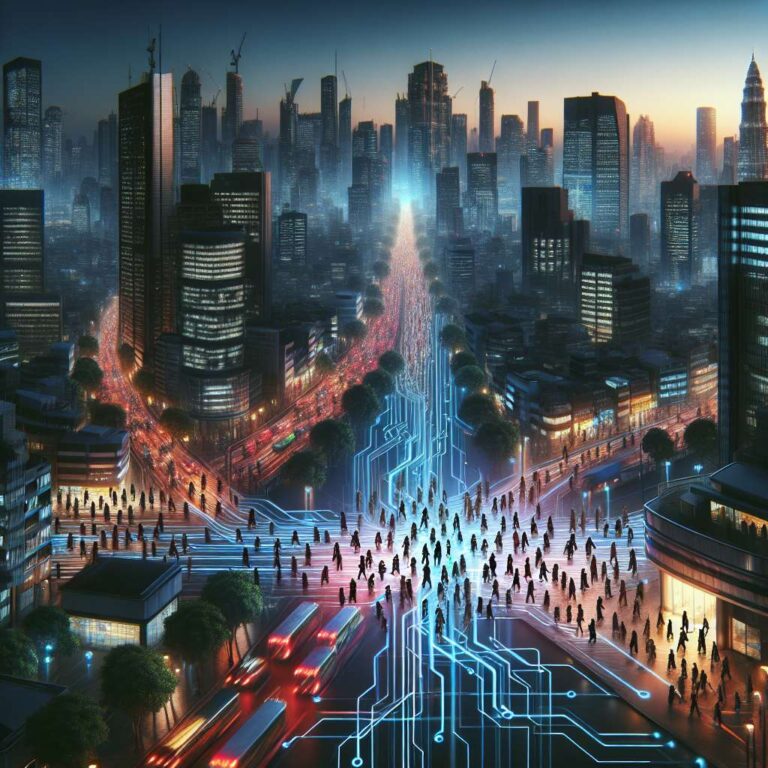June 2025 marked a turning point in artificial intelligence, as developments from industry giants, regulators, and enterprises coalesced to accelerate intelligent systems into nearly every sphere of daily life and business. OpenAI’s announcement of GPT-5 stood out as the headline event, with CEO Sam Altman unveiling that the next-generation model will launch in the summer—pending the completion of robust safety and performance checks. The leap in model reasoning, memory, and adaptability positions GPT-5 not just as an incremental upgrade, but as the launchpad for deeply personalized content, smarter digital agents, and dynamic brand engagement. The approach also signals the end of sporadic mega-releases: AI enhancements will arrive as rolling service upgrades, forcing businesses toward constant adaptation rather than periodic transformation.
Meanwhile, Meta’s multi-billion-dollar move to acquire a significant stake in Scale AI underscored the industry pivot from model-centric to infrastructure-powered artificial intelligence. By targeting top-tier data pipelines and automation frameworks, Meta is reshaping competition, prioritizing agile, developer-oriented offerings over monolithic model releases. This strategy is expected to hasten the arrival of AI-driven tools tailored for companies of all sizes. Concurrently, the U.S. Food and Drug Administration debuted INTACT, an agency-wide platform leveraging advanced analytics to automate regulatory reviews, accelerate drug approvals, and heighten food safety monitoring. This shift from manual oversight to algorithmic compliance not only promises safer outcomes but initiates a cascade effect across other regulated sectors, compelling them to rethink transparency and risk management through the lens of intelligent automation.
Survey results confirm artificial intelligence has entered mainstream enterprise workflows, with U.S. workplace adoption having nearly doubled in two years: 67% of firms now use AI and over half actively facilitate its integration. Employees, particularly digital natives, are leading this shift, transforming business process design and underlining the urgency for widespread AI fluency. In the public sector, cities have deployed smart systems for traffic, emergency response, and predictive policing—spotlighting both the outsized utility and thorny ethical questions that climb in parallel. Across industries, the impact is unmistakable: marketing and retail see hyper-personalization and operational optimization; healthcare accelerates drug innovation and compliance; manufacturing leverages predictive maintenance, and cybersecurity gains smarter anomaly detection. The overarching directive for leaders is clear: embrace continuous adaptation, reinforce MLOps and data pipelines, and embed responsible, ethical frameworks to ensure trust and transparency as intelligent systems proliferate.

